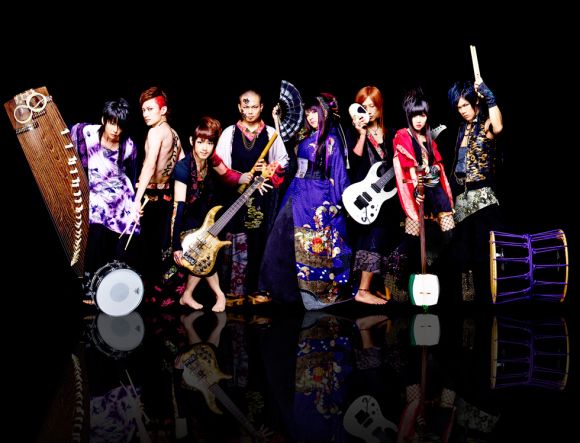The origins of Japanese band music may be traced back again to the Meiji Period, when Western instruments were first introduced to Japan. Among the earliest and most influential band leaders was Dr. sewage Okamoto, who is credited with popularizing band music in Japan. Okamoto was an experienced musician and conductor, and he quickly gained a following one of the Japanese people.

Under Okamoto's leadership, Japanese band music began to defend myself against a distinctly Japanese flavor. Traditional Japanese instruments such as for example taiko drums and flutes were incorporated in to the bands, and popular folk songs were rearranged for band performance. This new design of band music quickly became popular with everyone, and it remains popular to the day.
Another trend that is gaining traction on earth of Japanese band music is just a move from traditional instruments. Lately, there has been a surge in the popularity of electronic wind instruments (EWIs). These instruments allow players to produce a wide selection of sounds and tone colors that have been not possible with traditional acoustic instruments. Consequently, EWIs are becoming increasingly well-liked by both professional and amateur musicians alike.
The final trend that people will discuss may be the growing popularity of "mixed media" performances. They're performances that combine music with other styles of art, such as for example dance or video projection. Mixed media performances are becoming increasingly popular as a way to activate audiences in new and exciting ways.
The future of Japanese band music looks bright! With new trends emerging constantly, there's no telling what we'll see next from Japan's talented musicians. Whether it's visual bands, mixed media performances, or something else entirely, a very important factor is for sure: Japanese band music will continue steadily to evolve and surprise us for decades to come.

Conclusion:
The future of Yasuhide Itois uncertain. However, there are some silver linings that suggest it may possibly not be as bleak since it seems. Only time will tell whether these positive trends is going to be enough toreverse the decline of band music in Japan.
Japanese band music is really a unique and important element of Japanese culture. Using its origins dating back once again to the Meiji Period,band music has beenwoven in to the fabric of Japanese society for over 100 years. While it has undergone many changes over time, one thing has remained constant:the popularity of band music among the Japanese people.